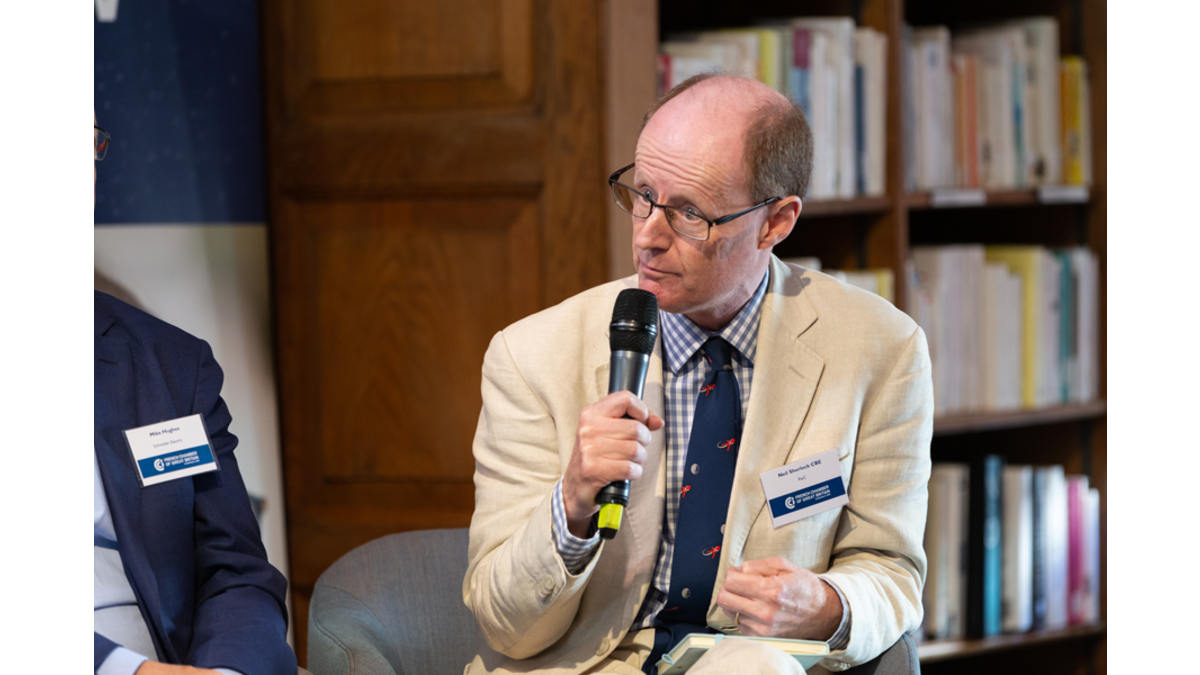Analyses & Studies
A week is a long time in politics

Harold Wilson famously said “a week is a long time in politics”. These words from the only British Prime Minister to win a Referendum on Europe seem even more relevant following the 2016 Referendum. It is enough to cause some hesitation before writing anything especially in a week where the Government party is having a conference in Manchester and Parliament is sitting in London.
The country according to the opinion polls has given Prime Minister Johnson a modest boost from the position he inherited from his predecessor. However, despite this the new Prime Minister is now in a weaker position than Theresa May. Consider the list. The tiny majority May had with DUP support has disappeared. Defections to and a by-election defeat by the Liberal Democrats; the taking away of the Whip from 21 Tory MPs and further resignations including from the Cabinet; the loss of every vote in Parliament including stopping an early general election and changing the law to prevent No Deal as well as the proroguing of Parliament being ruled unlawful. All of these reverses have taken place as the clock ticks towards the EU Council in mid-October with agreeing a deal seeming far off. Concrete proposals from the Government are finally due this week but from the reactions to the “non papers” there is clearly much work needed to reach a deal.
The PM and his team seemed to believe the Opposition couldn’t resist a General Election and that their “People v Parliament” message would lead to a Conservative majority and a mandate to leave with a No Deal if necessary. The Opposition remained united and twice resisted this offer. However, it is worth reminding ourselves that in the seven general elections since 1987 only twice have the Conservatives won and on both occasions with a small majority.
Unless the Prime Minister has a clever way to get round the Benn Bill which blocks leaving with No Deal on 31 October then Boris Johnson is boxed in. Get Brexit Done is the slogan in Manchester and getting a Deal with the EU looks like the only guaranteed way. This though relies on winning votes in both the House of Commons and the European Parliament. Given the numbers in the Commons the Prime Minister would need some Opposition MPs to support the Government in order to win a vote on any new deal. Prime Minister Heath did get a significant number of Labour MPs led by Roy Jenkins to win the vote to enter the Common Market. In the current toxic atmosphere it is a massive challenge for Prime Minister Boris Johnson to win enough votes of Labour MPs to leave the EU.
A week is a long time in politics and given the political noise in Westminster and the mood music in Brussels preparing for a No Deal is still the right backstop for business.
Article by Neil Sherlock CBE
Joint Chair, Brexit Forum,
French Chamber of Commerce